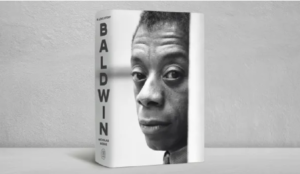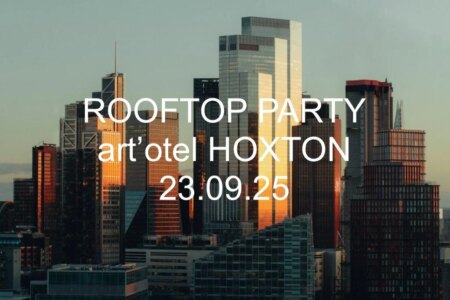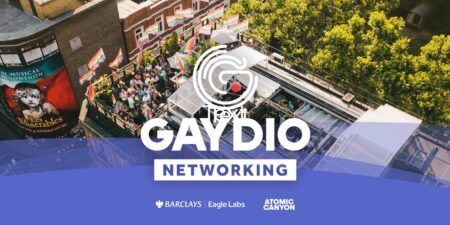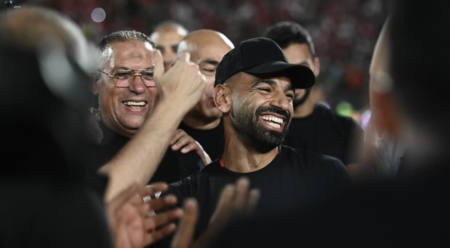Sweden’s Integration Minister, Mats Persson, is advocating for a new approach to understanding the values that accompany newcomers to the country. Persson proposed the implementation of an annual survey designed to assess whether individuals moving to Sweden hold views that are in line or conflict with the country’s liberal democratic values. These values encompass a broad range of social issues, including the rights and acceptance of women, LGBTQ+ citizens, and attitudes towards anti-Semitism.
The proposal has stirred debate, primarily from the political left, which criticises the measure as an intrusive opinion registry, despite assurances that all information gathered would be anonymised. Notably, Emelie Stark, chair of the LGBTQ+ Social Democrats, has vocally condemned the proposal. Stark contends that the narrative misleadingly focuses on immigrants and Muslims as potential threats while overlooking domestic groups, such as certain far-right elements and “certain Christian groups,” which she argues are more directly opposed to LGBTQ+ rights.
The discussion is intensified by broader societal issues in Sweden, as seen during public debates last summer regarding the safety and acceptance of LGBTQ+ individuals in suburban areas. Reports emerged of harassment faced by members of the LGBTQ+ community in suburban Stockholm, sparking a conversation about inclusivity and the lived experiences of minorities in these regions. This narrative illustrates a more complex issue, suggesting that the discomfort faced by LGBTQ+ people in some communities cannot solely be attributed to immigrant values.
Proponents of the survey argue that understanding the prevalence and nature of attitudes opposing liberal democratic values among newcomers is crucial. They highlight the necessity of addressing problems related to honour-based norms and anti-Semitism, acknowledging that not all immigrants hold these views but stressing that some do and that these issues can cause harm if left unaddressed.
Despite its controversial nature, the proposal currently lacks clarity and sufficient funding to make a substantive impact. It has been criticised for the lack of a structured plan detailing the execution or intended outcomes of the survey, with only a modest budget of two million kronor earmarked for its implementation. Critics argue that more concrete plans need to be presented, including who will conduct the survey and how the collected data will be used to foster meaningful societal change.
The government, led by Persson’s initiative, faces the challenge of refining this proposal into a comprehensive strategy that effectively addresses complex societal issues while being sensitive to the multicultural landscape of Sweden. As the debate unfolds, the government is tasked with balancing the need for integration and understanding with respect for cultural diversity and individual rights.
Source: Noah Wire Services




















